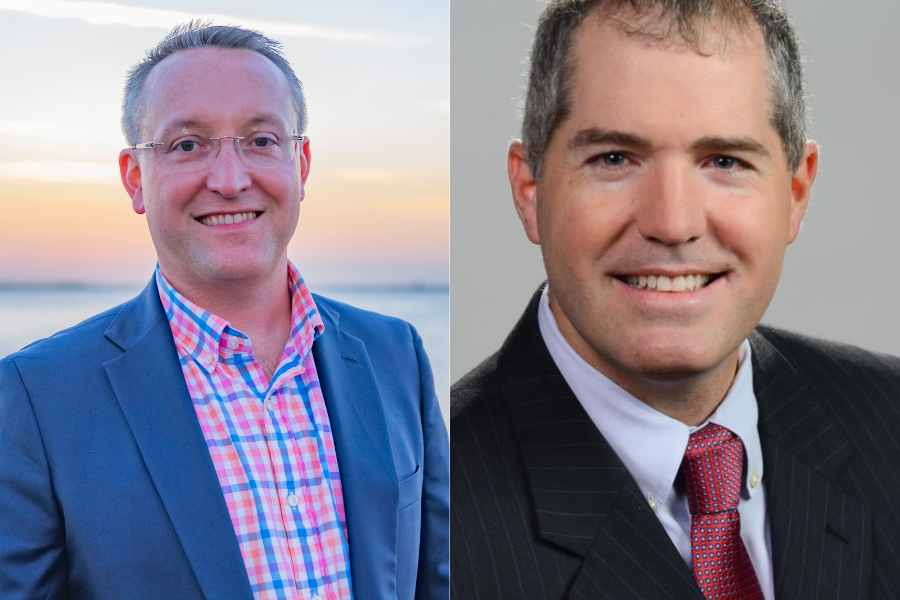Piwowar blasts DOL fiduciary rule, says SEC should have ‘comprehensive discussion’ of advice standards
Acting Securities and Exchange Commission Chairman Michael Piwowar blasted the Department of Labor’s fiduciary rule and showed skepticism…
Acting Securities and Exchange Commission Chairman Michael Piwowar blasted the Department of Labor’s fiduciary rule and showed skepticism about the SEC advancing its own regulation to raise investment-advice standards.
Mr. Piwowar did not soften the edges of his opposition to the DOL measure.
“I think it is a terrible, horrible, no good, very bad rule,” Mr. Piwowar said on Thursday at the Investment Adviser Association compliance conference in Washington. “For me, that rule was never about investor protection. It was about enabling trial lawyers to increase profits.”
The DOL has proposed a rule to delay for 60 days the April 10 initial implementation date for its measure, which would require all financial advisers to act in the best interests of their clients in retirement accounts. The DOL is seeking to push back the deadline following a directive from President Donald J. Trump to reassess the fiduciary rule’s impact on investors and financial firms and to modify or rescind it if it is found to cause harm.
The concern surrounding the rule is raising tension among opponents like Mr. Piwowar and supporters of the regulation, who say it is necessary to defend workers and retirees from conflicted advice that results in the purchase of inappropriate, high-fee investments that erode savings.
“The chairman’s criticism of the DOL rule reinforces the administration’s acknowledgment by [National Economic Council Director] Gary Cohn that investors’ interests are behind brokers’ interests,” said Knut Rostad, president of the Institute for the Fiduciary Standard. “Any pretense to the contrary from fiduciary opponents has now been replaced by a new candor that should be applauded.”
Financial industry foes of the DOL regulation say that it is too complex and burdensome and would price investors with modest assets out of the advice market. They have insisted that the SEC is the appropriate agency to promulgate an advice rule that covers all investment accounts.
But in order to advance its own fiduciary rule, the SEC would have to address — or out vote — Mr. Piwowar’s skepticism, which he reiterated on Thursday.
“It is a really, really, really hard issue to deal with,” Mr. Piwowar said.
The matter is made more complicated by a provision of the Dodd-Frank financial reform law that gives the SEC the authority to promulgate its own fiduciary rule within parameters that give safe harbor to broker practices such as charging commissions and selling proprietary products, according to Mr. Piwowar. He said that it encourages people to “get into their camps” and defend their positions.
“What I’d like to do is step back from that and have a comprehensive discussion” of fiduciary duty, Mr. Piwowar said.
He suggested strengthening investor education and point-of-sales disclosure to “mitigate confusion” among investors about the difference between an investment adviser, who must act in their clients’ best interests, and a broker, who is subject to a less stringent suitability standard.
“If someone calls themselves a financial adviser, that means absolutely nothing,” Mr. Piwowar said.
But Kate McBride, a founding member of the Committee for the Fiduciary Standard, said that the SEC has not done anything to clarify the adviser-broker distinction.
“They allow brokers to run roughshod over the [Investment Adviser Act] rule, pretending to be advisers,” Ms. McBride said. “They’ve been totally inadequate in helping investors figure out who is an adviser and who is a broker.”
During his appearance at the IAA conference, Mr. Piwowar also expressed reservations about allowing non-governmental organizations to conduct investment adviser exams.
The approach has been advocated as a way to help the SEC boost its examination rate of the more than 12,000 registered investment advisers, about 11% of whom the SEC examined last year.
Mr. Piwowar said that the SEC would still have to provide oversight of the third party reviewers.
“There’s been a number of proposals, none of which I’m enamored with,” Mr. Piwowar said. “It’s not a free lunch.”
Mr. Piwowar acknowledged that the commission wouldn’t be taking up controversial rules while he’s in charge. Only Mr. Piwowar and Democratic member Kara Stein are serving on the normally five-member panel. Jay Clayton, Mr. Trump’s nominee for SEC chairman, has not yet been confirmed by the Senate. No one has been nominated for the other two open commission positions.
Learn more about reprints and licensing for this article.








